In today’s world, where energy consumption is at an all-time high, finding ways to save on your energy bills is more important than ever. Implementing a few simple changes can make a significant difference. Here are 15 energy-saving hacks that you won’t believe can help you cut down your energy costs.
Adjust Your Thermostat

Image Credits: stock_SK, Shutterstock
Adjusting your thermostat by just a few degrees can lead to substantial savings on your energy bill. In the winter, set your thermostat to 68 degrees Fahrenheit when you’re home and lower it when you’re away or asleep. In the summer, keep it at 78 degrees Fahrenheit when you’re home and higher when you’re not. Using a programmable thermostat can automate these adjustments, ensuring you save energy without sacrificing comfort.
Change Your Lightbulbs

Image Credits: Deposit Photos
Switching from traditional incandescent bulbs to energy-efficient LED bulbs can drastically reduce your energy consumption. LED bulbs use up to 75% less energy and last up to 25 times longer than incandescent bulbs. This means you’ll save on energy bills and replacement costs. Plus, LED bulbs emit less heat, reducing the cooling load on your air conditioner.
Switch Off Your Lights

Image Credits: Deposit Photos
Making a habit of turning off lights when you leave a room can result in significant energy savings. Additionally, consider using motion sensor lights for areas like hallways and bathrooms. These lights automatically turn on when someone enters the room and turn off when the room is empty, ensuring that lights are only used when needed.
Insulate Your Home
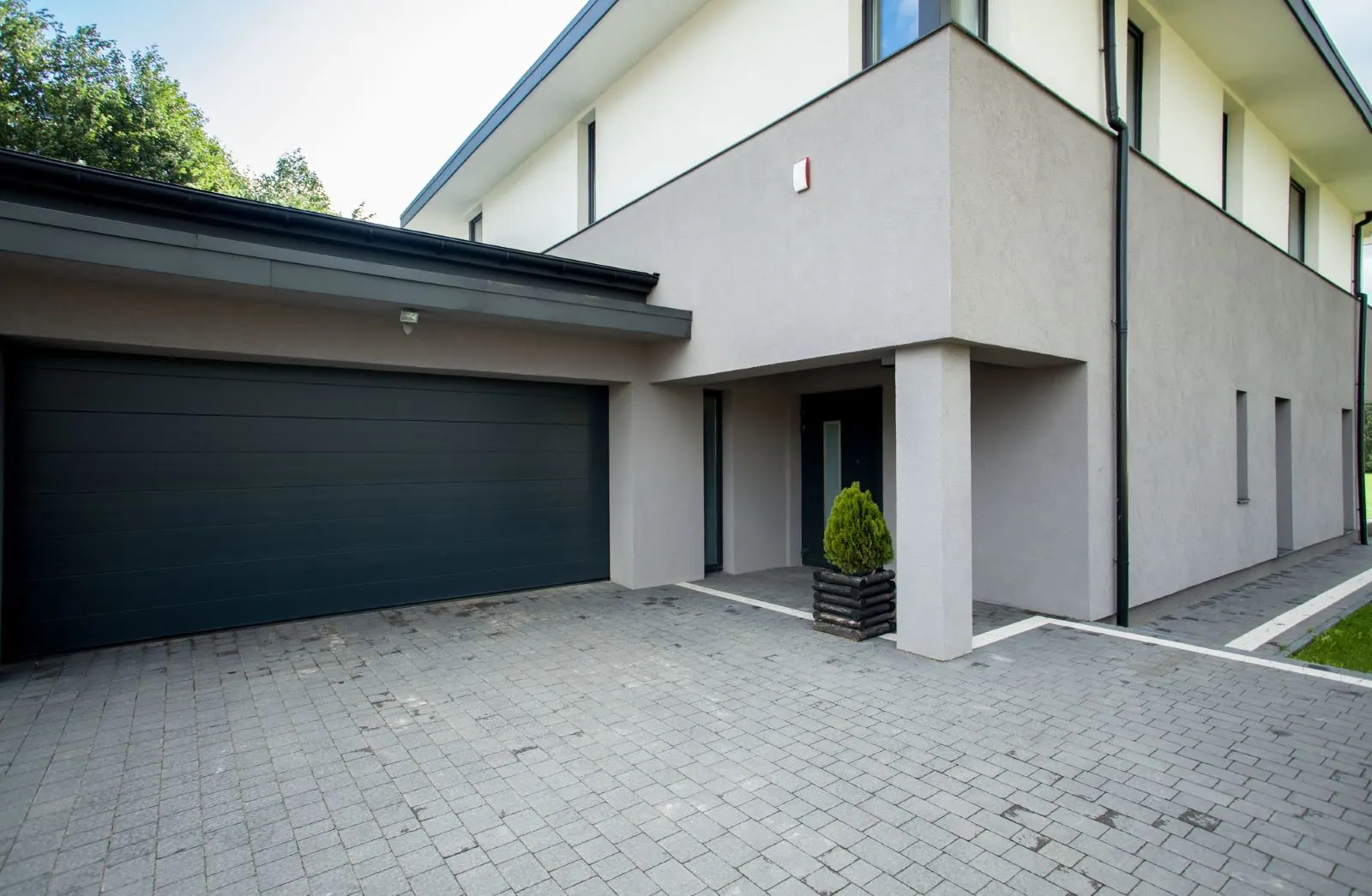
Image Credits: Deposit Photos
Proper insulation keeps your home warm in the winter and cool in the summer, reducing the need for heating and cooling. Insulate your attic, walls, and floors to prevent heat loss and gain. This creates a more stable indoor temperature, meaning your HVAC system doesn’t have to work as hard, thus saving energy and reducing your bills.
Unplug Devices

Image Credits: Deposit Photos
Many electronic devices consume energy even when they’re turned off but still plugged in. This is known as “phantom” or “standby” power. Unplugging devices when they’re not in use or using a power strip to turn off multiple devices at once can help eliminate this unnecessary energy consumption, leading to lower energy bills.
Use Appliances Efficiently
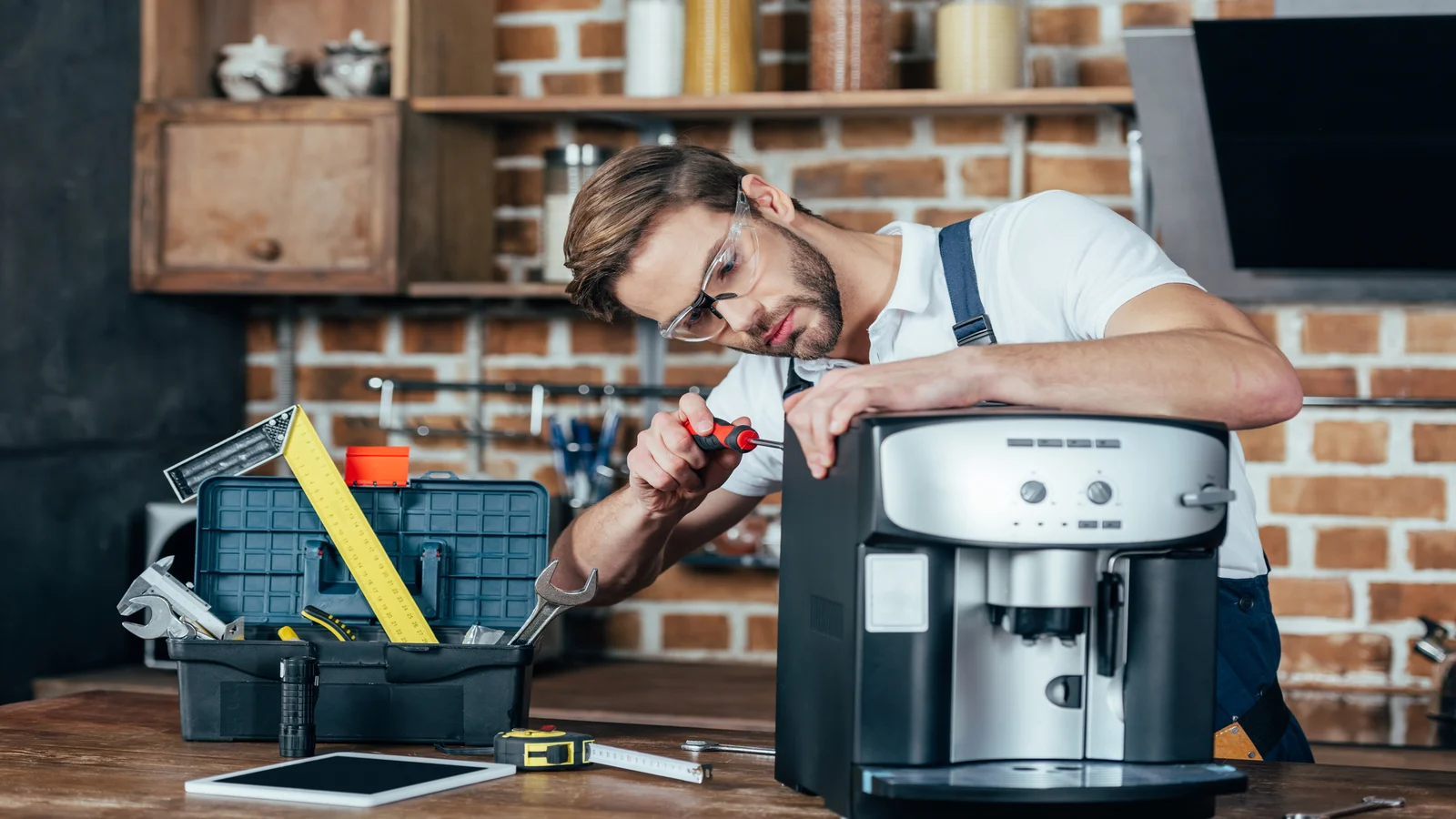
Image Credits: Deposit Photos
Using your appliances more efficiently can also lead to energy savings. For example, run your dishwasher and washing machine with full loads, and use the cold water setting whenever possible. For your dryer, use the moisture sensor option instead of the timer to avoid over-drying clothes. These small adjustments can add up to significant savings over time.
Adjust the Temperature of the Water Heater
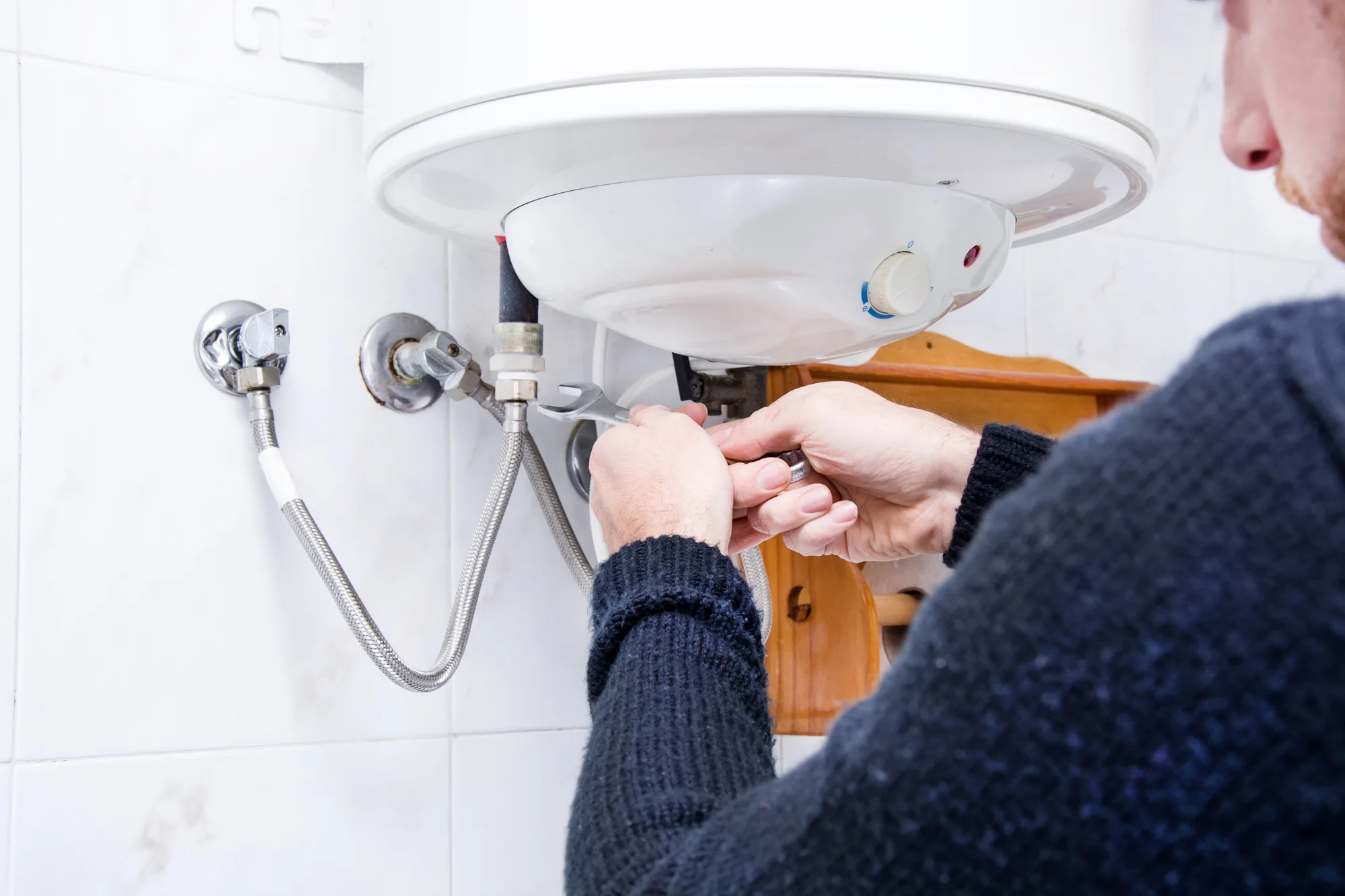
Image Credits: Deposit Photos
Lowering the temperature of your water heater can reduce energy consumption. Most water heaters are set at 140 degrees Fahrenheit by default, but setting it to 120 degrees can save energy and reduce the risk of scalding. This simple adjustment can lower your water heating costs by 6-10%.
Lessen Water Usage
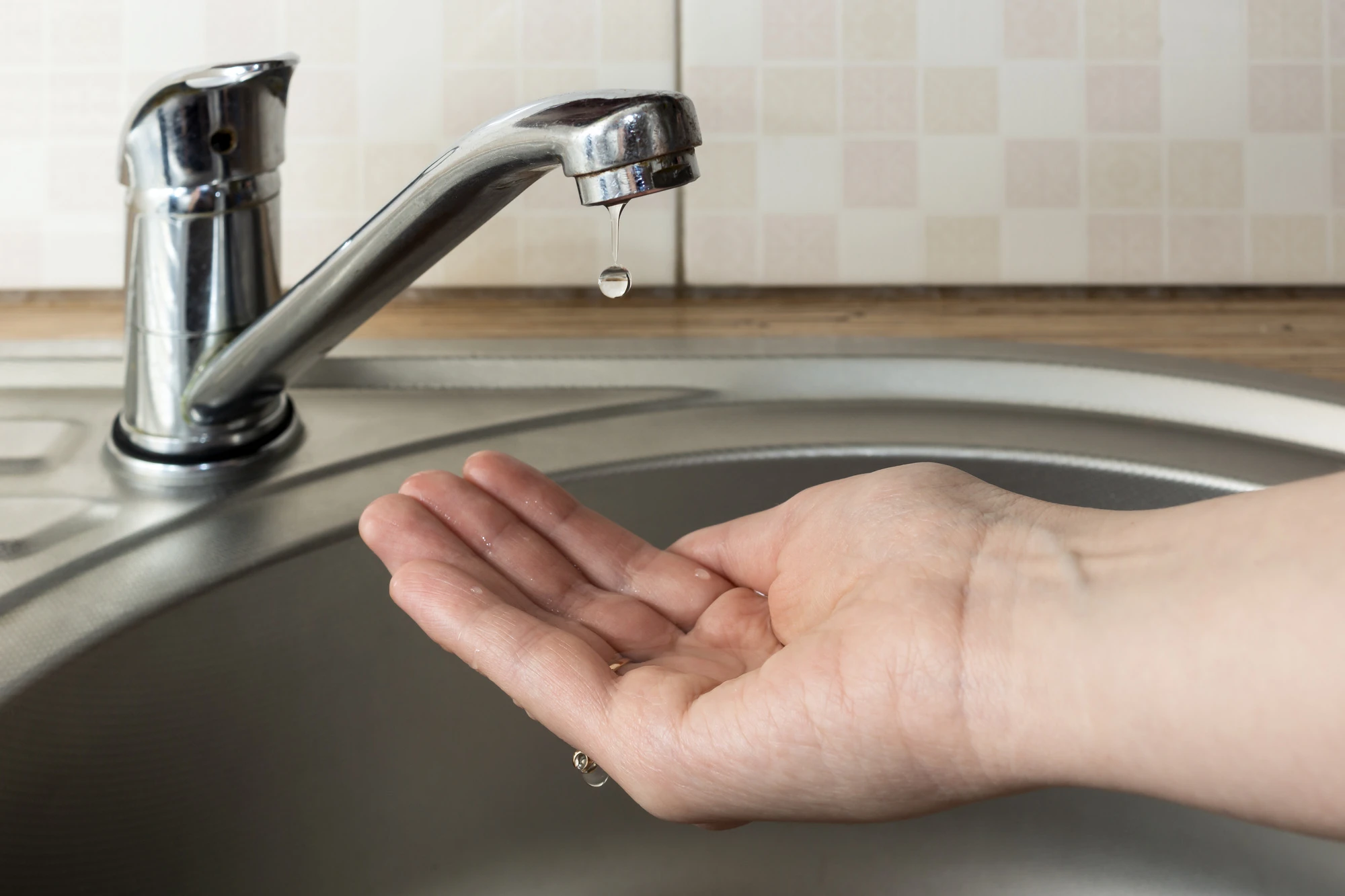
Image Credits: Deposit Photos
Reducing your water usage can also help save energy. Install low-flow showerheads and faucets to reduce the amount of hot water used. Fix any leaks promptly, as even a small drip can waste a significant amount of water and energy over time. Additionally, only run your dishwasher and washing machine with full loads to maximize efficiency.
Change Air Filters

Image Credits: Deposit Photos.
Regularly changing the air filters in your HVAC system can improve its efficiency. Dirty filters restrict airflow, making your system work harder to heat or cool your home. By replacing filters every 1-3 months, you can ensure your system runs smoothly, reducing energy consumption and extending the life of your HVAC equipment.
Fix Air Leaks

Image Credits: Deposit Photos
Air leaks around windows, doors, and other openings can cause your HVAC system to work harder to maintain a comfortable temperature. Sealing these leaks with weather stripping or caulking can prevent heated or cooled air from escaping, reducing the workload on your system and lowering your energy bills. A well-sealed home is an energy-efficient home.
Buy Efficient Appliances
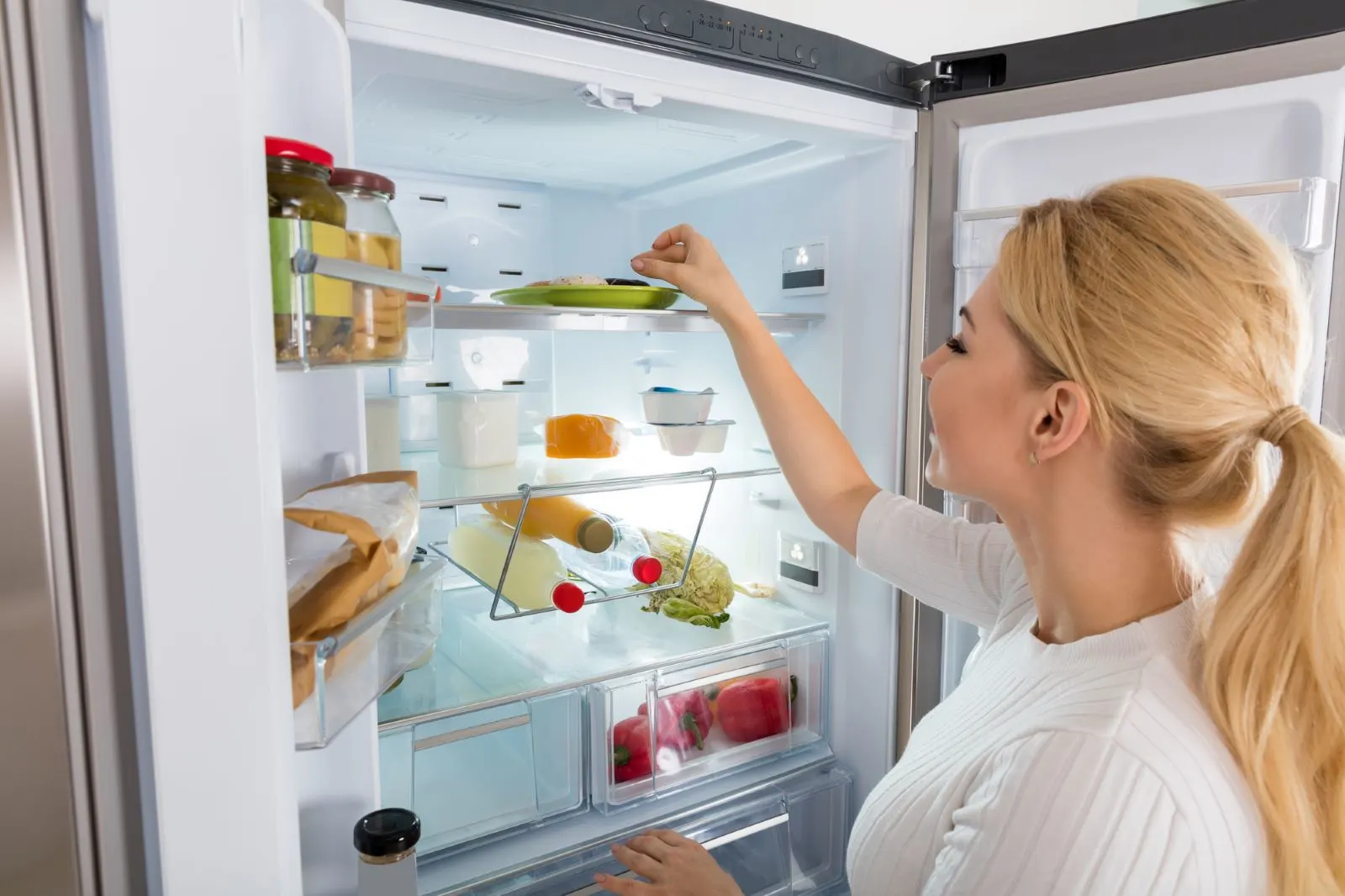
Image Credits: Deposit Photos
When it’s time to replace old appliances, choose energy-efficient models with the ENERGY STAR label. These appliances meet strict efficiency guidelines set by the U.S. Environmental Protection Agency, ensuring they use less energy without sacrificing performance. Investing in energy-efficient appliances can lead to significant long-term savings on your energy bills.
